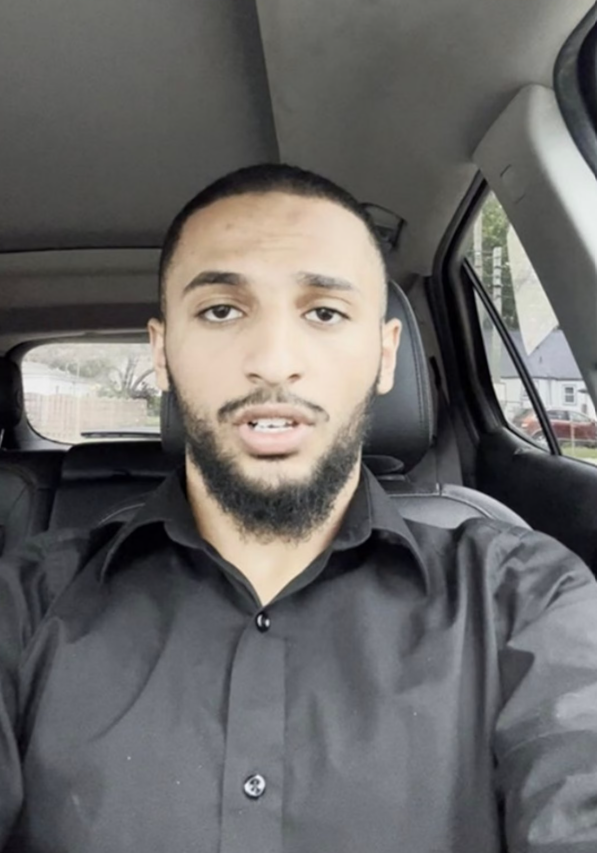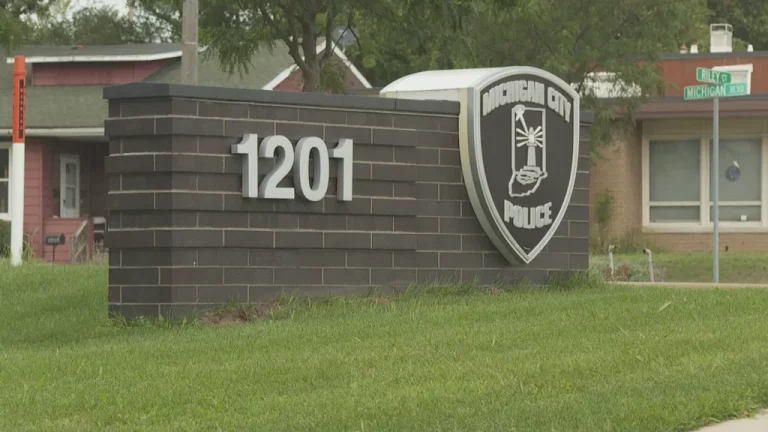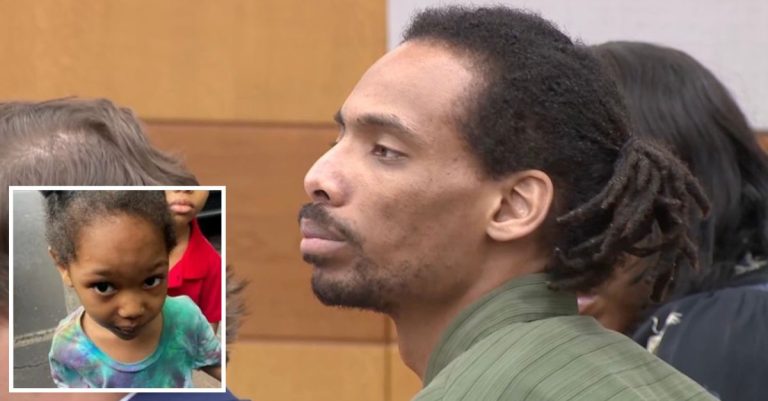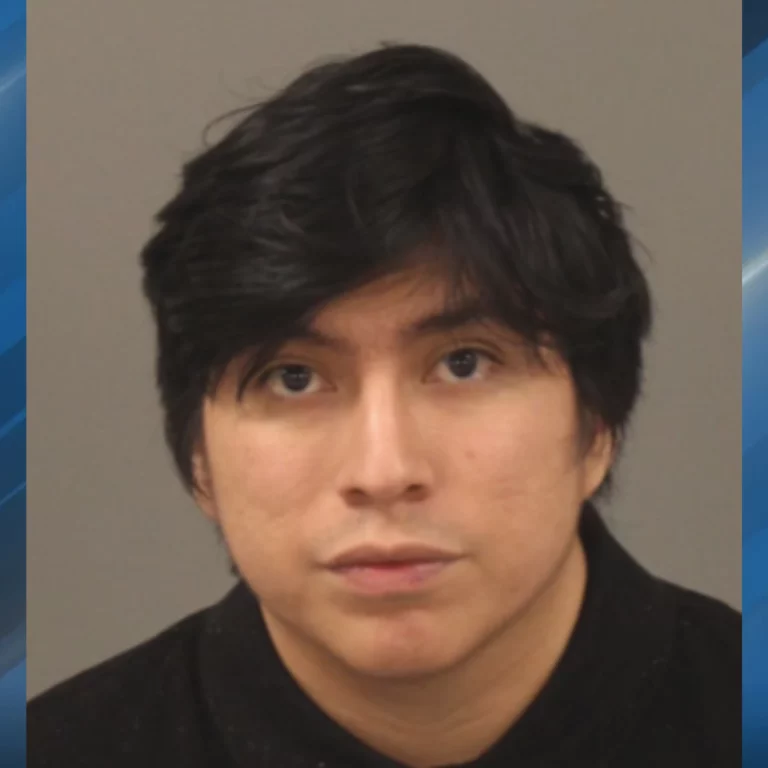53-Year Sentence for Man in Brutal Killing of 6-Year-Old Palestinian American Boy
In a highly charged and tragic case that shook neighborhoods and reopened the debate about hate crimes in America, an Illinois man was given 53 years in prison for brutally murdering a 6-year-old Palestinian-American boy and attempting to murder his mother. Joseph Czuba, 73, was already convicted earlier this year of his offenses, which prosecutors have claimed were committed with a hidden motive of raw hatred.
Six-year-old Wadee Alfayoumi was the child victim who lost his life unnecessarily. The event took place in October 2023, just after the brutality of the Israel-Gaza conflict erupted – an age when tensions across the globe were escalating. Wadee and his mother, Hanan Shaheen, were targeted not for an action they took, but simply because they were: Palestinian, Muslim, and trying to live a peaceful existence as members of Plainfield, Illinois.
Wadee’s family was renting half of Czuba’s home, some 40 miles from Chicago. It was to be a secure living situation until Czuba, seemingly incensed at reports of the battles raging in the Middle East, made a gesture that caused the death of the child and serious injury to his mother.
Prosecutors allege Czuba broke into their home and attacked Wadee with a knife during a brutal rampage, stabbing him 26 times and beating his mother over a dozen times. Hanan Shaheen suffered the wounds and testified loudly at trial, describing how Czuba said to her, “You, as a Muslim, have to die.” Her testimony was a chilling reading of an act of prejudice and hatred.
The court also heard testimony from a number of witnesses, including Czuba’s estranged wife, who testified as to how he had become increasingly agitated and upset about the war in Gaza. His prejudice and fear, she suggested, had translated into a violence and paranoia. But no one could have foreseen the horror of the act.
Czuba, thin and old when he stood before the judge, was silent during his sentencing and would not speak to the court or to the victim’s family. His silence could not mute the anguish their loss of a child so full of joy and promise brought him.
Wadee’s great-uncle, Mahmoud Yousef, was a tearfully persuasive witness in court, conveying the sorrow that still besets the family. “The day he was killed, his father had memories, had plans for his son,” he testified, trembling with emotion. “Czuba had no right to take them.”
It was less than 90 minutes since the guilty verdict had been issued against Czuba, and it was an even more powerful indication of how persuasive and overwhelming the evidence witness against him actually was. What this testimony entailed was sobbing testimony, nauseating crime photographs, and witness testimony by police officers who encountered Czuba standing outside the house having blood on his hands and clothes.
The murder of Wadee alarmed the nation, both from the brutality and because it brought into prominence the growing menace of Islamophobia and anti-Palestinianism in the United States. Human rights groups like the Council on American-Islamic Relations (CAIR) issued statements, terming the attack as a hate crime and asking Americans to confront the escalation of religious and racial hate that was sweeping across the nation.
Ahmed Rehab, executive director of the Chicago chapter of CAIR, spoke to us about the boy’s life and how senseless his murder was. “Wadee was only six years old,” Rehab said. “He loved his family, his friends. He loved soccer, he loved basketball.” His boundless energy and carefree nature were a contrast to the brutal crime that ended his life.
Most troubling here is the speed with which a hypothetical international clash was escalated to local violence. Czuba’s behavior wasn’t that of a man overcome by fear or confusion—it was deliberate, targeted, and fueled by a deep-seated hatred. The case has become representative of how easily damaging misinformation, bias, and prejudice can morph into something lethal when there is political crisis.
The prosecutors, come trial time, wanted to establish that this was not a spate of senseless violence and misunderstanding. It was a hate crime that killed. They accused Wadee and his mother of being attacked for what they were who they were and that was because they were Muslim and Palestinian.
Having sentenced Czuba to 53, technical justice has been done. Justice however, but not for the Wadee’s family, or to individuals across the state, still persists there in pain. Nothing under a confining sentence will remove what is gone in life lost, or put out the sorrow left on those remaining.
The sentencing is also a somber reminder of the need to fight hate in all its manifestations. In a world more divided by race, religion, and politics, it is essential to keep in mind our commonalities. Wadee’s passing should not be for nothing; his memory should move us to act through education, activism, and solidarity against bigotry in all its guises.
As the courtroom emptied and judicial portion of this drama came to a close, emotional scars still appeared fresh. For Wadee’s family and friends, now it’s all about remembering the boy for what he was: a free-spirited, innocent boy who loved to play video games and be around the people he loved. Their hope is that his story will continue to stir up controversy and in the long run help create a society where such hate is not acceptable.







